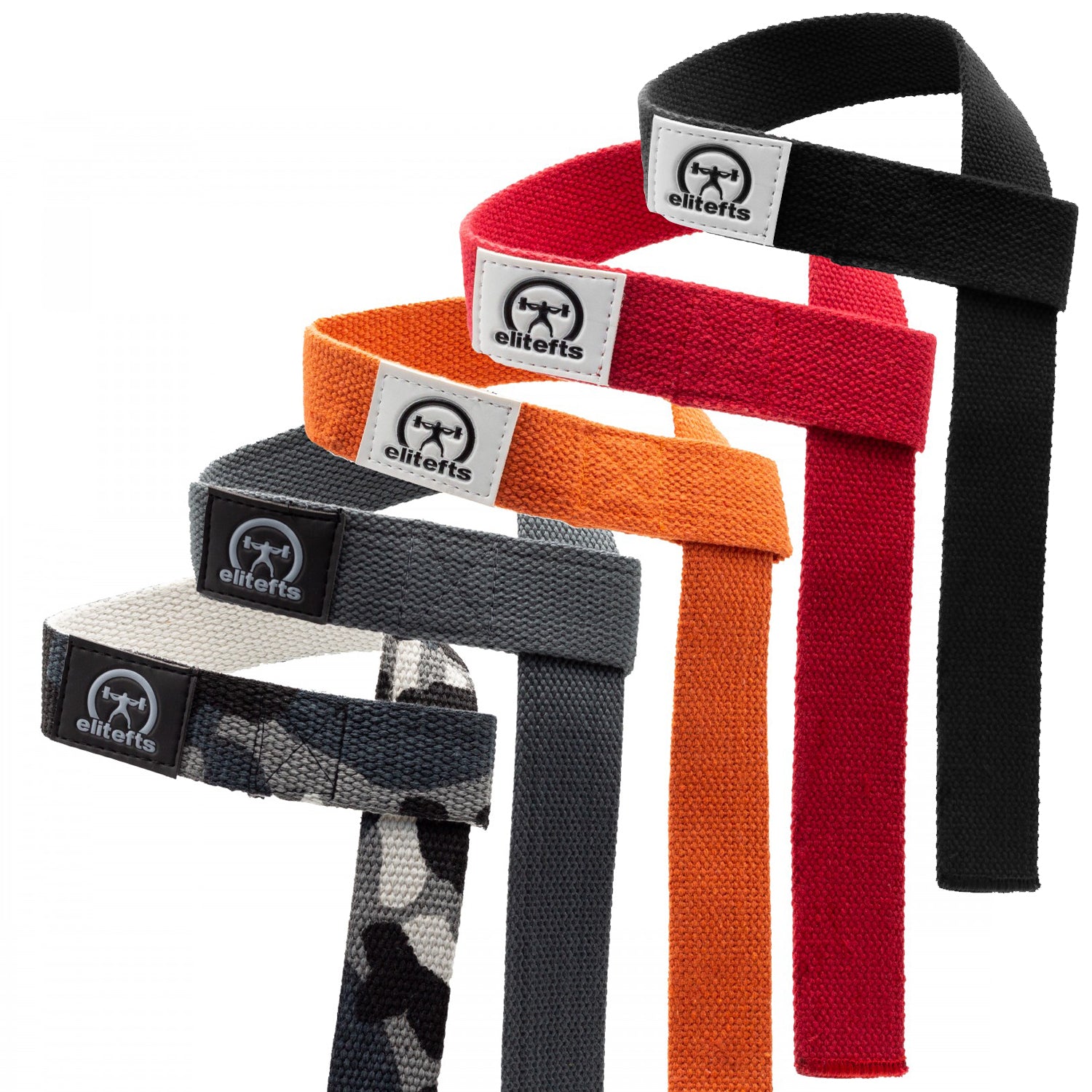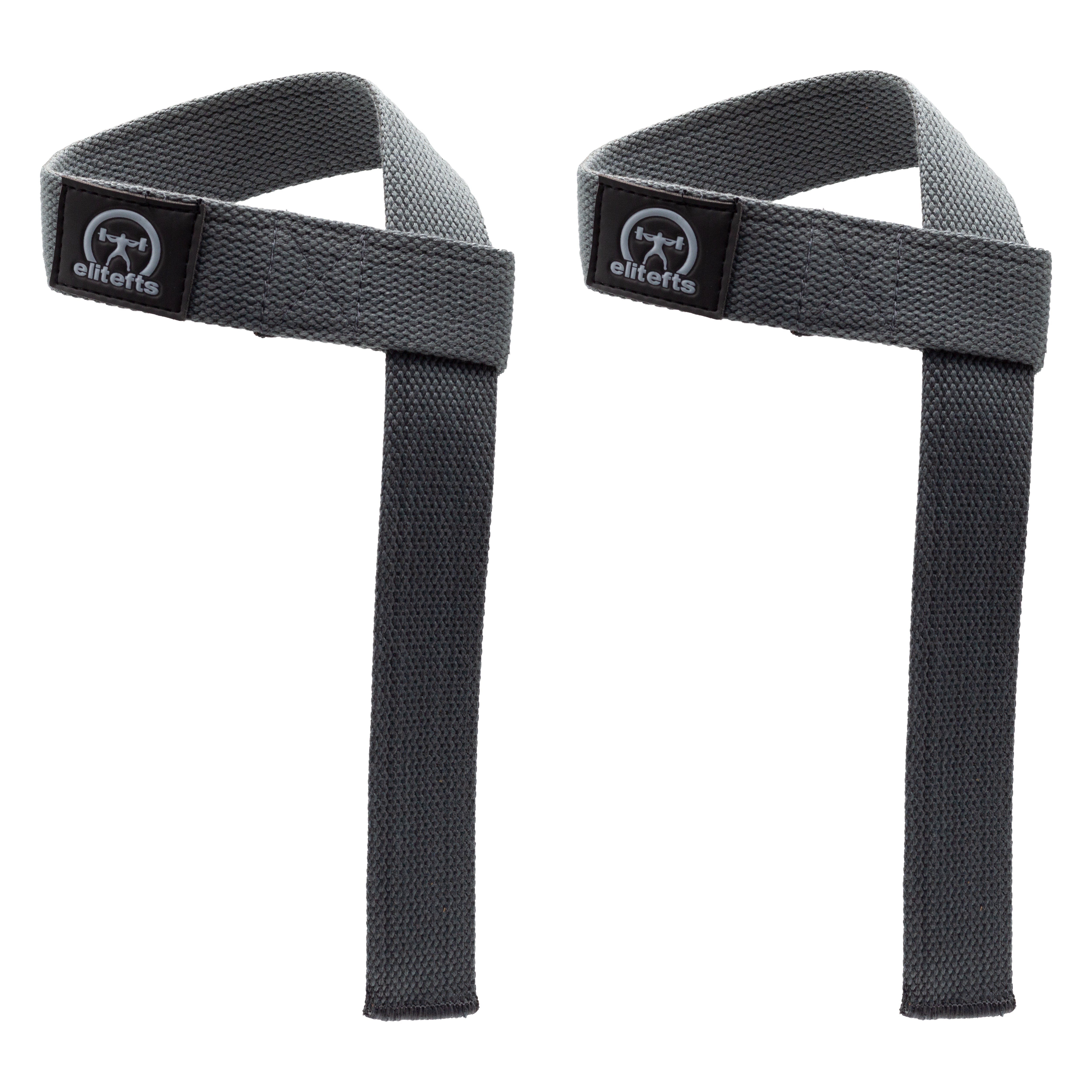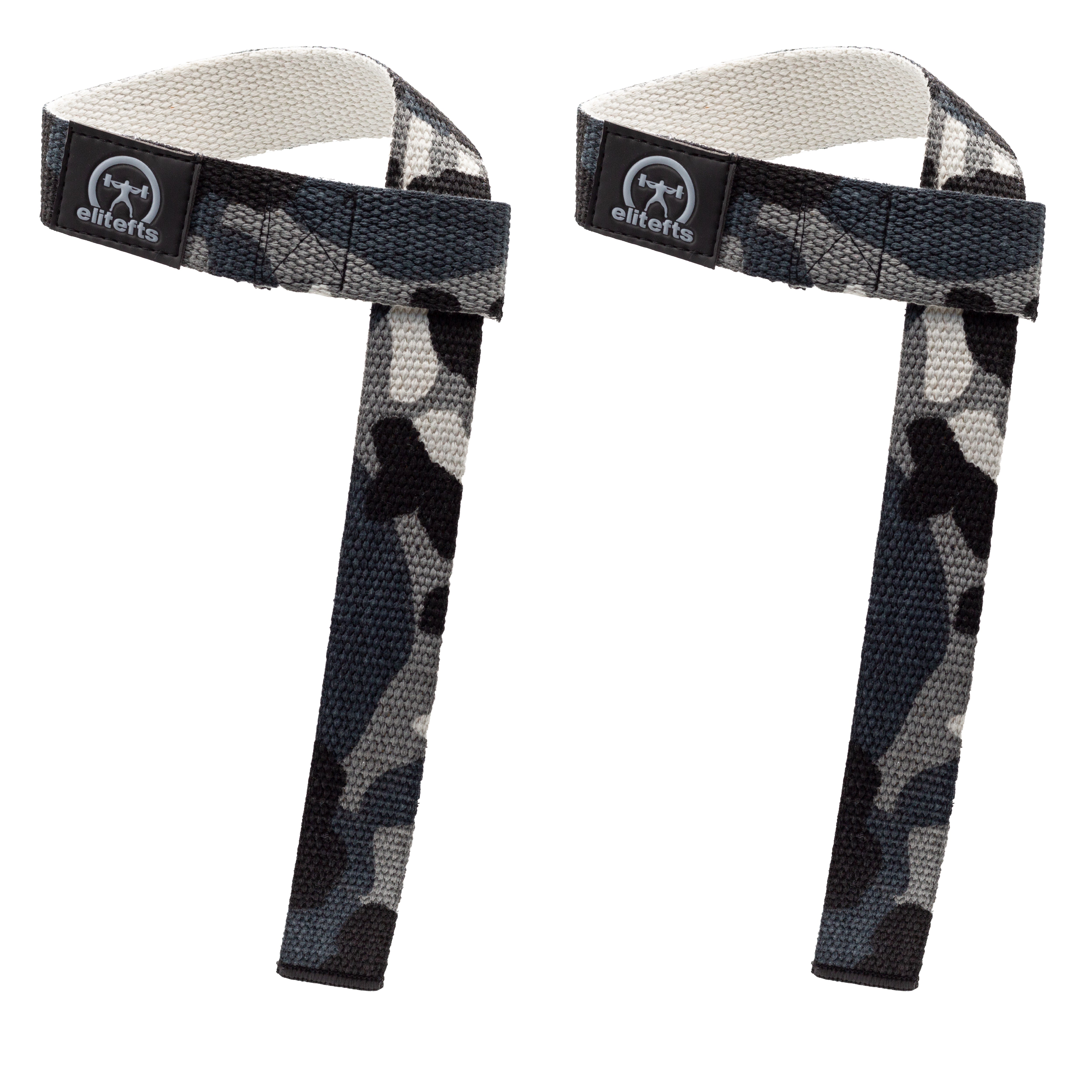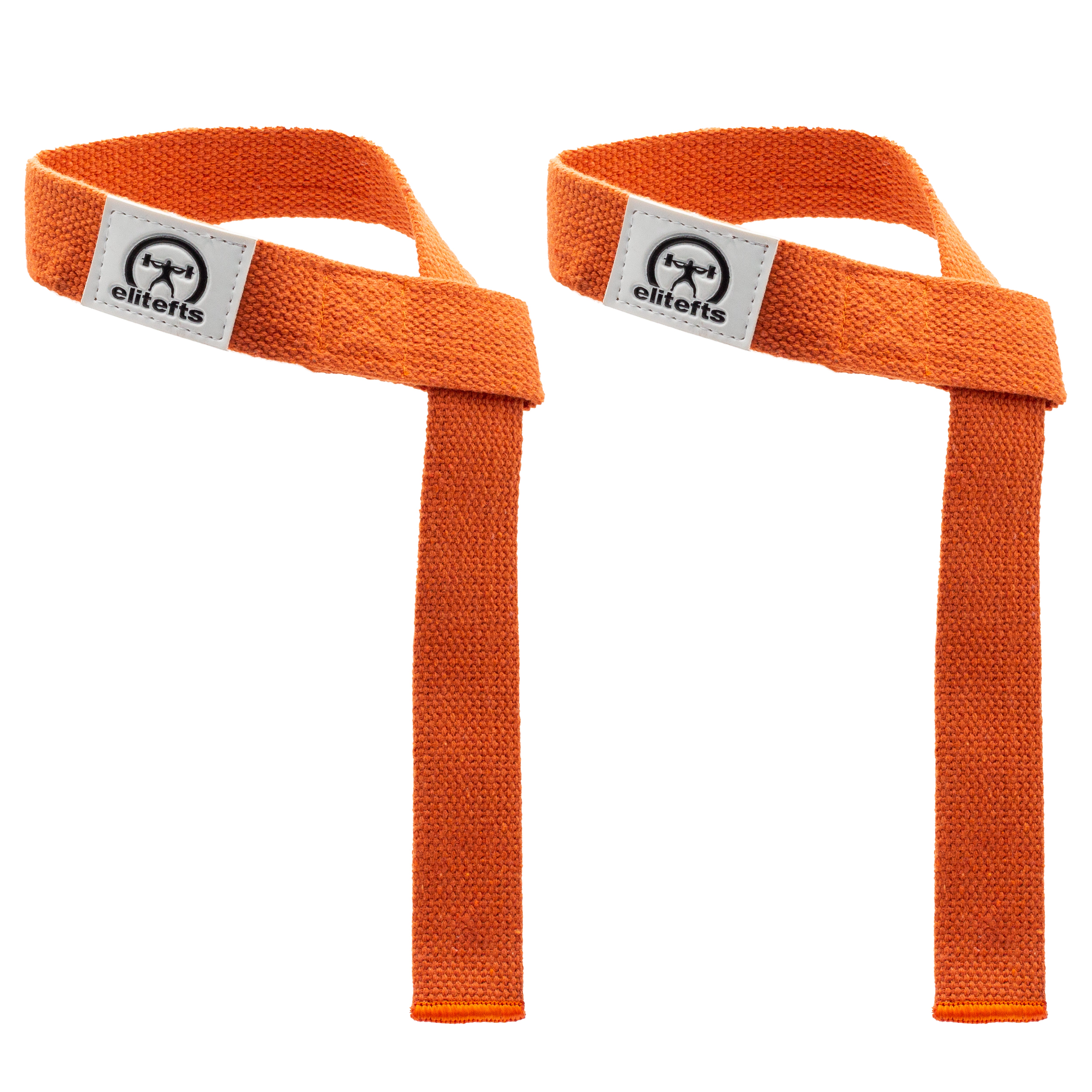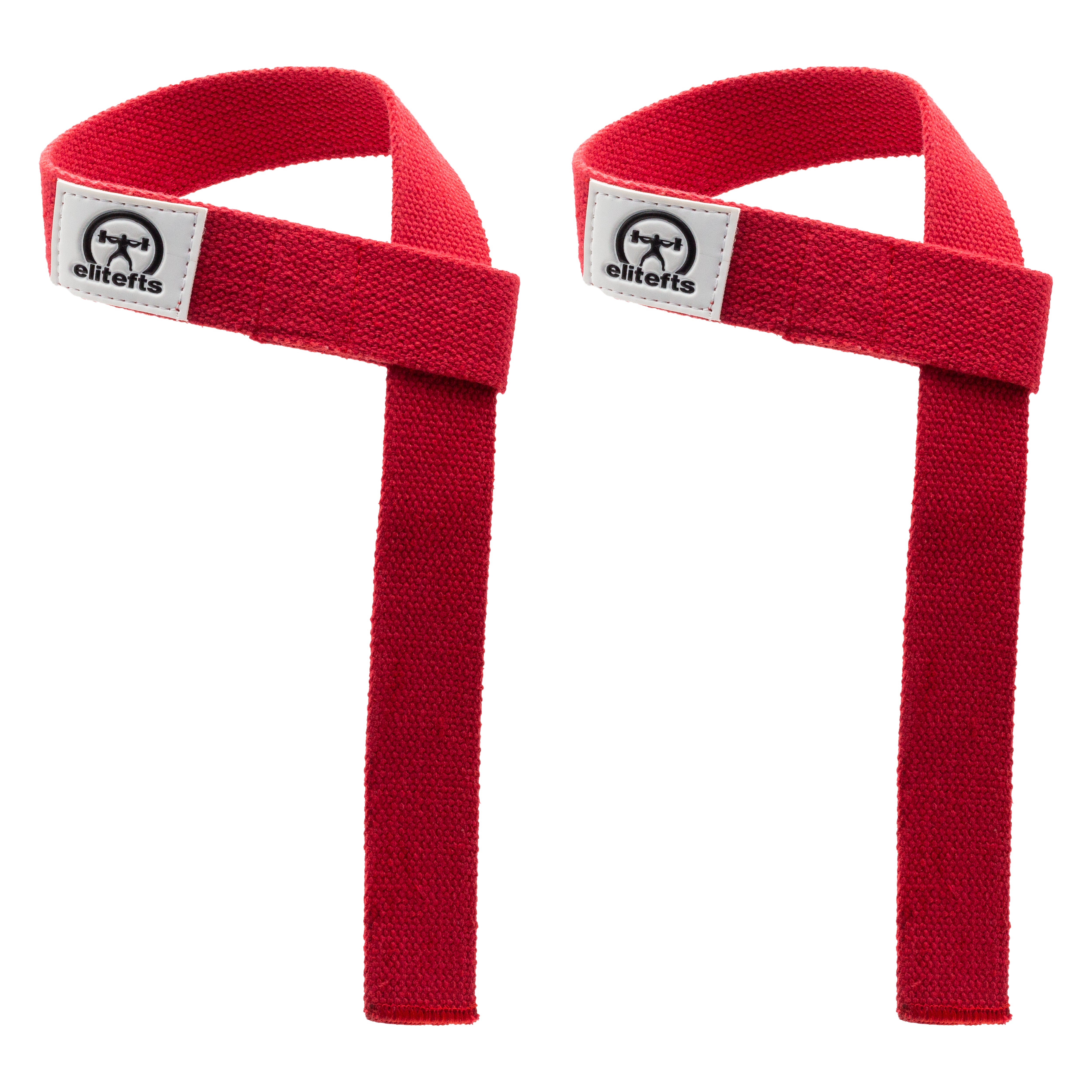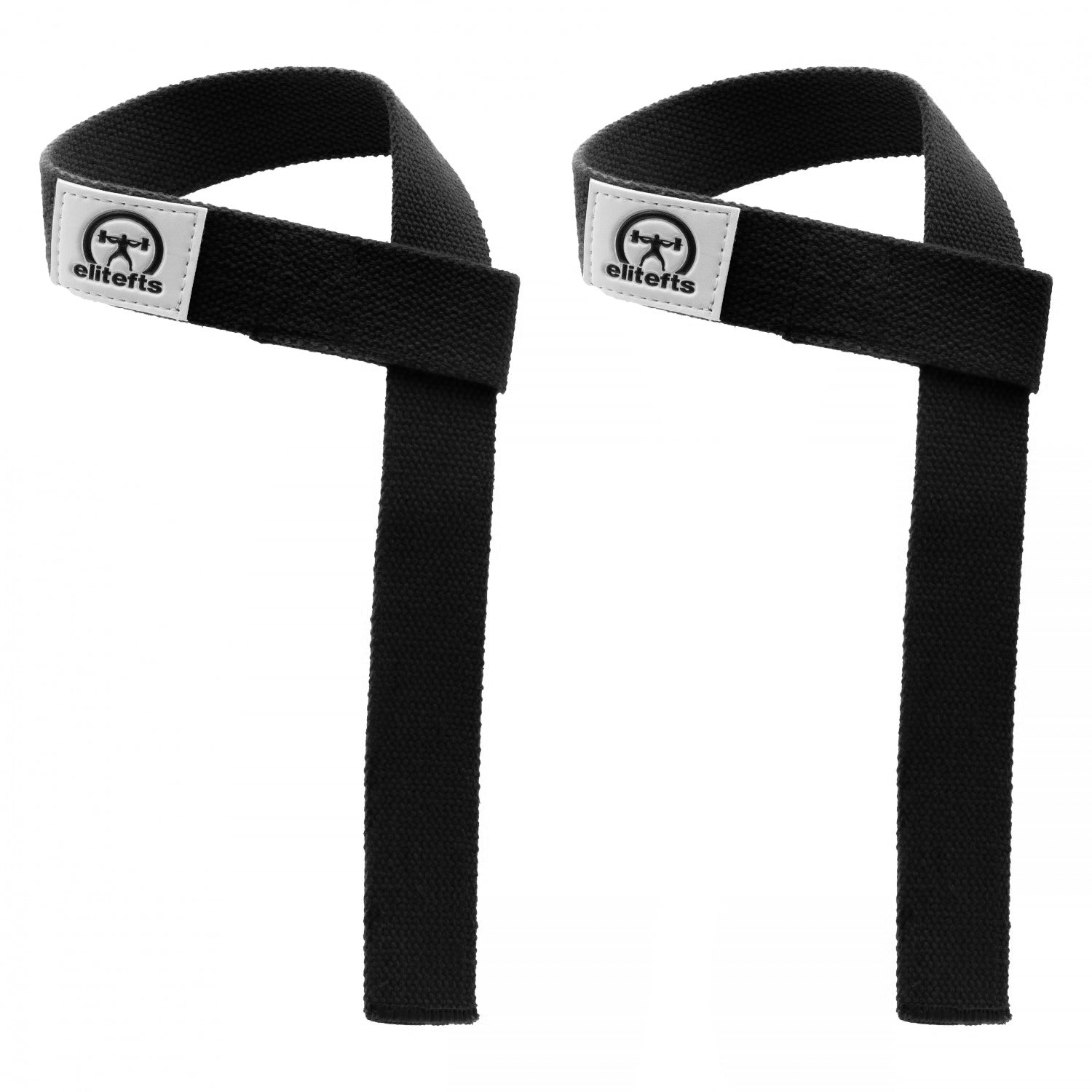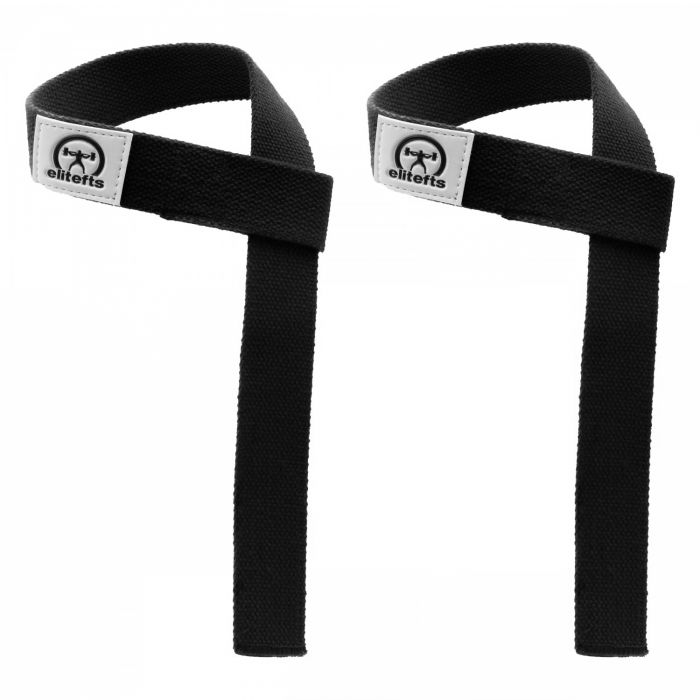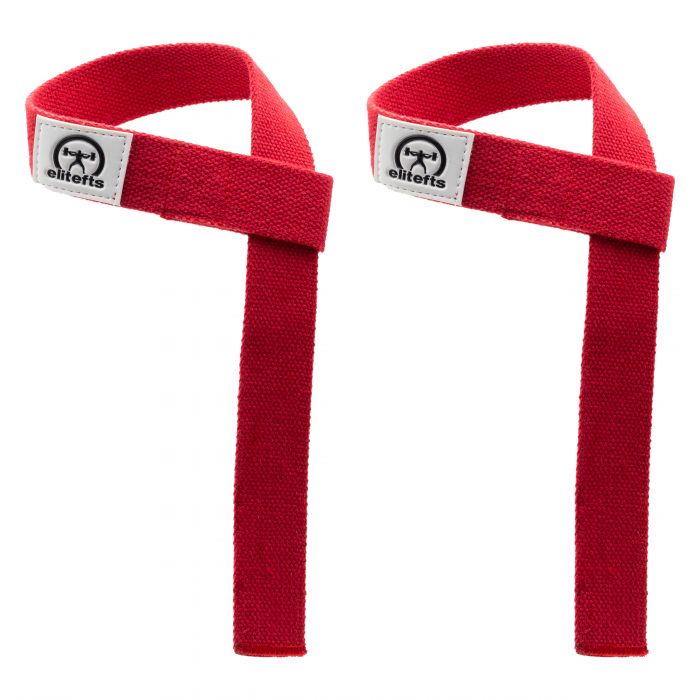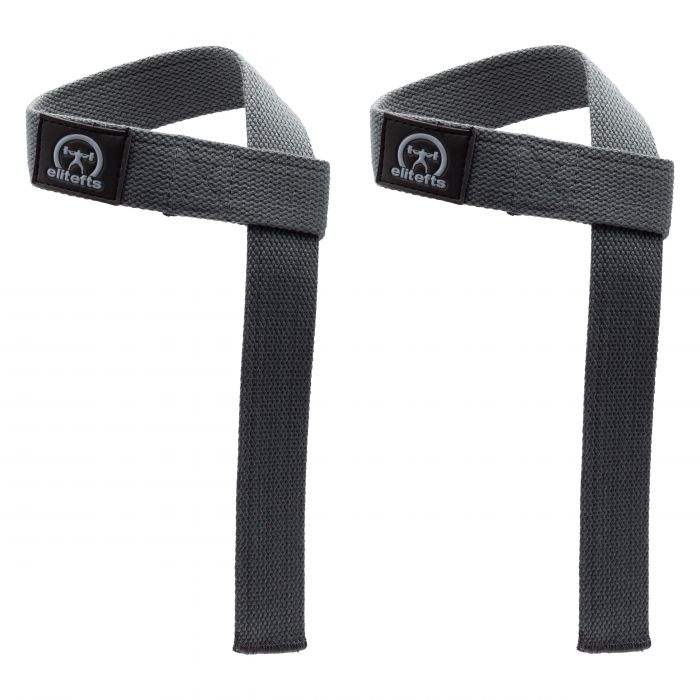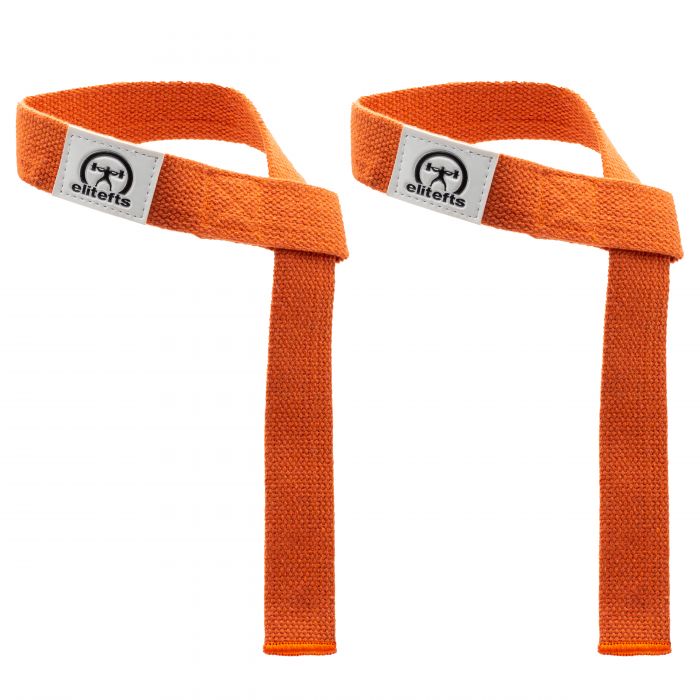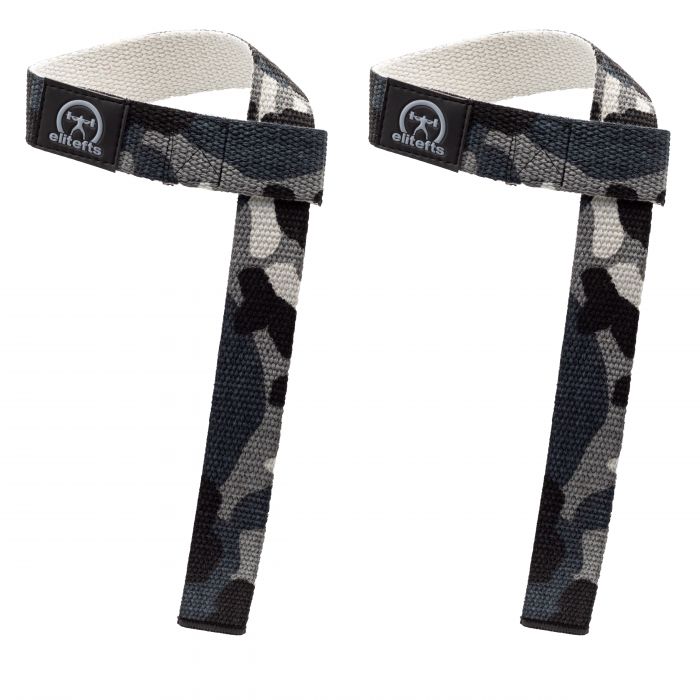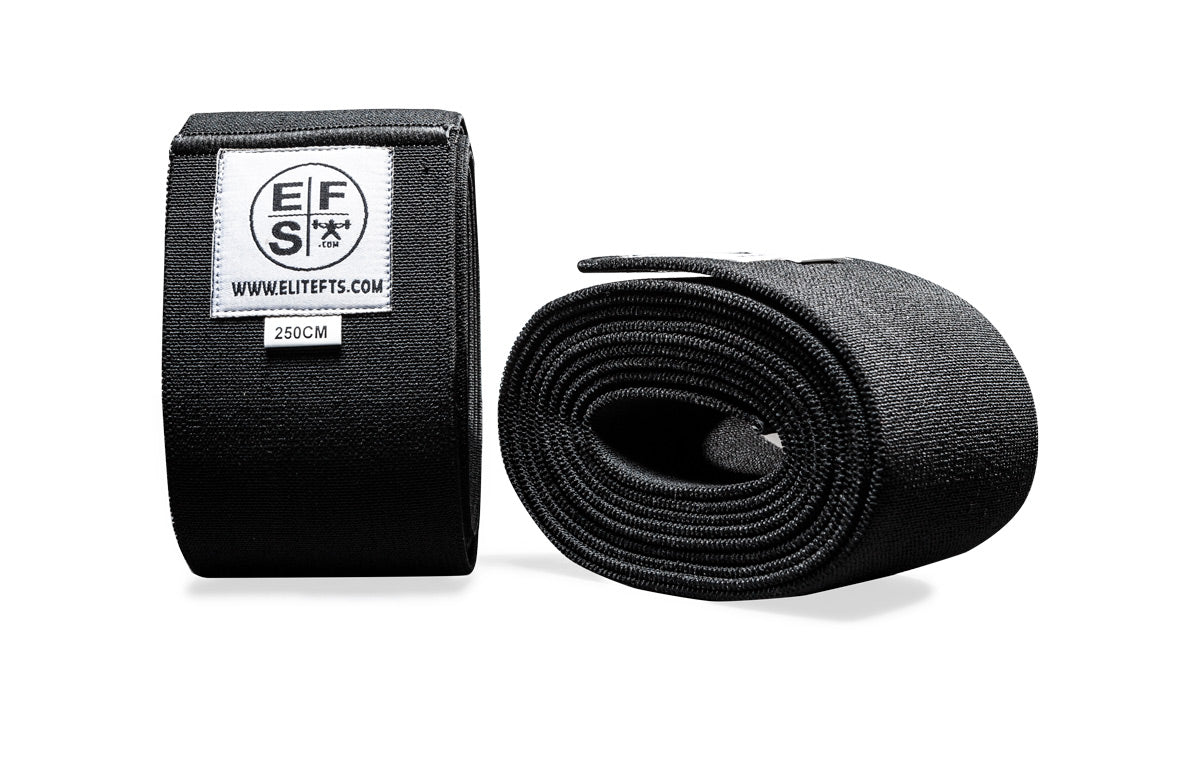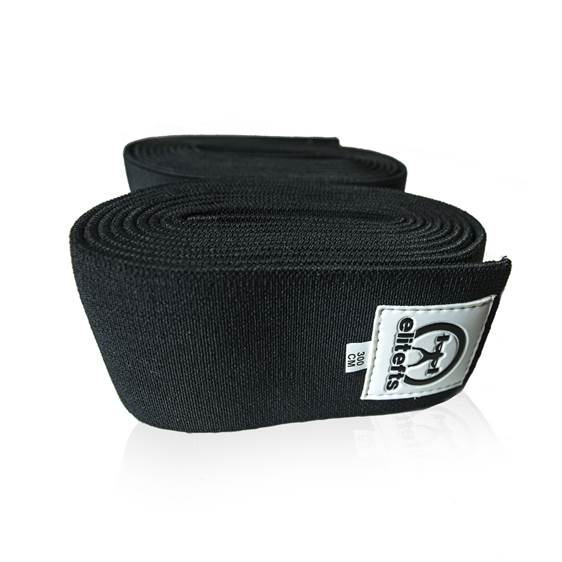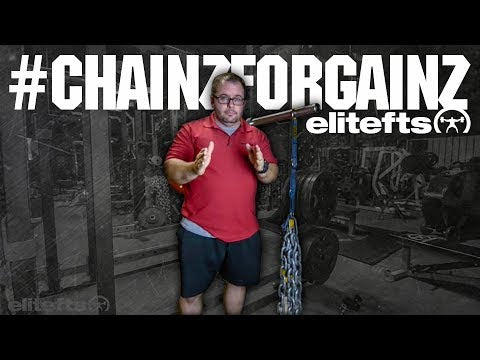- Have a sense of Belonging
- Believe in what you are doing
- Behave in a manner conducive to "winning"
- Become the young man or woman you know they can be
Belong
Athletes need to feel they belong on a team, in a position group, and even in your weight room. Too often we as coaches make the point of emphasis to "earn the right" to be even allowed in "our" weight room. We spend our time reinforcing that it is a privilege to step foot in our mecca of human performance and forget that what we covet as the geographical anchor of our careers is just one more aspect these first-year players are anxious about. Unless you paid for the equipment and are leasing the building out of your pocket, it's not "your" room, anyway. I am in no way saying that having a sense of pride in our facilities and communicating the purpose behind every session is not important. Our athletes do need to earn what they get. Without cost, there is no value. But, that pride and purpose comes only when those young men and women feel they are a part of that journey. When they start to have as much pride for the weight room the coach does, then you will be closer to a winning environment. This is similar tostaff meetings. People don't hate staff meetings, they hate bad staff meetings. As I learned from Patrick Lencioni and
wrote about, all meetings must have context and conflict. Specifically with context, all participants need to have the opportunity to 1.) Add items to the agenda before the meeting and 2.) have an opportunity to weigh-in on agenda items. If they feel included in the process, they will most likely not bicker about an undesirable decision IF they had the opportunity to give their opinion. If they feel they are part of the process, they will buy-in to the outcome regardless of opinion. This is a delicate balance with coaches.
Listening to University of Iowa head strength coach Chris Doyle talk about his most important job for first year players being to negate the individualism. His job was to "counter the recruiting process." High school prospects would no longer hear, "we need you, we want you," and start to hear how much more important the team was than them. Almost all college freshman will be OK with this as long as they know they are part of the bigger thing more important then themselves. As my mentor Jack Hatem, head football coach at Denison University would say a head coaches priorities must be:
- The Program
- The Team
- The Player
- Make them feel they belong
Believe
AsSimon Sinek has said, "People don't buy "what you do", they buy "why you do it." Believing in your self, your company, your team, your purpose, your mission, etc. may be something that needs to be said, but it is only evident and relevant in the actions and behaviors of the organization. One of the most stressful times for a strength and conditioning coach is when they are taking over a new team or one of their teams hires a new head coach. This is the time where strength coaches struggle with the age-old dichotomy of "selling your program" versus "getting work done" more than ever. Strength coaches must consistently educate the athletes and sport coaches on three things:
- What is their coaching philosophy (which never stops evolving)
- How it fits with the culture and goals of the team (which varies from team to team).
- Why they have adopted those particular principles (there will never be enough time to properly do this.)
- If you don't believe in it, how do you expect your athletes to believe in it?
- If it is not the best program you can possibly provide, why are you making them do it.
- If you thought there was a better program that the one you are using, wouldn't you use it instead?
- Make them feel they belong
- Help them believe in you and everything you do
Behave
Don't get caught up with what we most frequently think of then it comes to behavior. Behavior is not just doing what you are told, following directions, or displaying self-control. We are not talking about kindergartners. We are talking about grown men and women. Behavior for college athletes is more than doing what they are told. AsShawn Griswold, head strength and conditioning coach at Arizona State told me over a decade ago, "
your players will do anything you ask, no questions, if they know you care about them." If the athlete feels they belong, and they belive in you, they will behave in the manner you feel is most conducise for their success. It's not about them doing what you want.
That is transactional. It's about them doing what you know is what's best for them.
That is transformational. Behavior is defined as how someone conducts themselves, especially toward others. So, in a sense, behavior is a combination of how you present yourself and how you treat others. These are two very achievable and measurable goals for any college athlete. In my mind, the three most desirable qualities of any athlete, any coach, or any human being are:
- Humility
- Empathy
- Authenticity
- Make them feel they belong
- Help them believe in you and everything you do
- Model how they should behave toward others
Become
It's not what you have them do, it's who they become because of you. -Mark Watts (I think) At least I thinks it's an original quote (yes, I just quoted myself) but the concept is not new by a long-shot. What coaches do on a day-to-day basis far exceeds any record-board numbers, combine tests, or workout standards they are given. You can make athletes do anything you want. But, the best coaches make a difference in who the athletes want to become. I have written this before, but I honestly feel that coaching is one of the most important jobs in America. Coaches still are in a position where they can demand the best from every athlete they work with. Coaches know more about the potential of each athlete than the athlete themselves. Coaches see things in athletes they can't see in themselves. In addition, being a college strength coach is one of the most simplistic and selfless professions you can have. Just the title implies it is a privilege: The age of the athlete you are working with (college), the objective nature of the process (strength coaches try to nullify subjectivity) , and motivating young people to learn more and work harder than they ever have (coach). How do you know you have done your job as a strength and conditioning coach?There really isn't an objective method (as I wrote about) to evaluate a strength and conditioning coach. Since this is the one factor that continues to cripple the profession, we have to judge our job proficiency not on the income we make but the impact we have. Want to know how you did as a coach? Are you still in contact (even if it's just social media) with the athletes you coached 5,10, 15, 20 years ago? Are you proud of them for being a good person, mother, father, husband, wife, etc.? Do they thank you for what you did for them and the things you taught them that they took with them? They may not remember their bench press, their vertical, their batting average, PPG, or any other statistic. They will remember the people and the moment that shaped their lives. Were you a part of that? An athlete becomes who they are partly because of you or in spite of you.
- Make them feel they belong
- Help them believe in you and everything you do
- Model how they should behave toward others
- Help the become the person they are capable of becoming
Sports Performance Coach Education Series
The elitefts™ Sports Performance Coach Education Series is a comprehensive educational resource for coaches in the collegiate, high school, professional, and private settings. This series will take a fundamental approach to various topics that will enable coaches the additional skills to enhance their coaching abilities, improve marketability in the industry, and drastically increase the impact they have upon their athletes.
- WATCH: How to Find a Strength and Conditioning Job
- WATCH: Becoming a Mentor to Young Coaches
- WATCH: The Four-Step Coaching Process
- WATCH: 5 Strategies to Perform More Work in Less Time
- WATCH: Why Communication is Key to a Better Coaching Career
- WATCH: A Better Way to Train High School Athletes
- WATCH: How to Implement Auto-Regulatory Training in a Team Setting
- WATCH: Pre-Workout Circuits to Optimize Training Time and Maximize Performance
- WATCH: Hypertrophy Circuits for Athletes in a Team Setting
Coaches Clinics
- WATCH: Two Bench Press Mechanical Drop-Sets for Hypertrophy
- WATCH: Two Lateral Speed Drills with Bands to Improve Change of Direction
- WATCH: Adjusting the Glute-Ham Raise to Optimize Your Training
- WATCH: Basic Linear Speed Acceleration Drills in a Team Setting
- WATCH: Kettlebell Training for Team Sports
- WATCH: Three Dumbbell Press Variations





































































